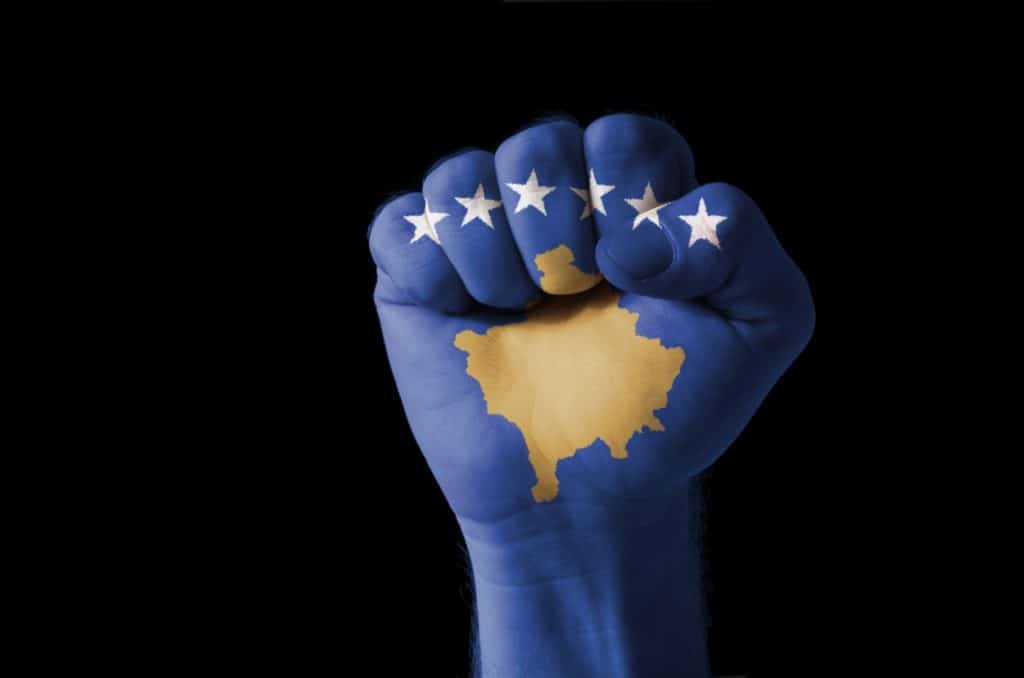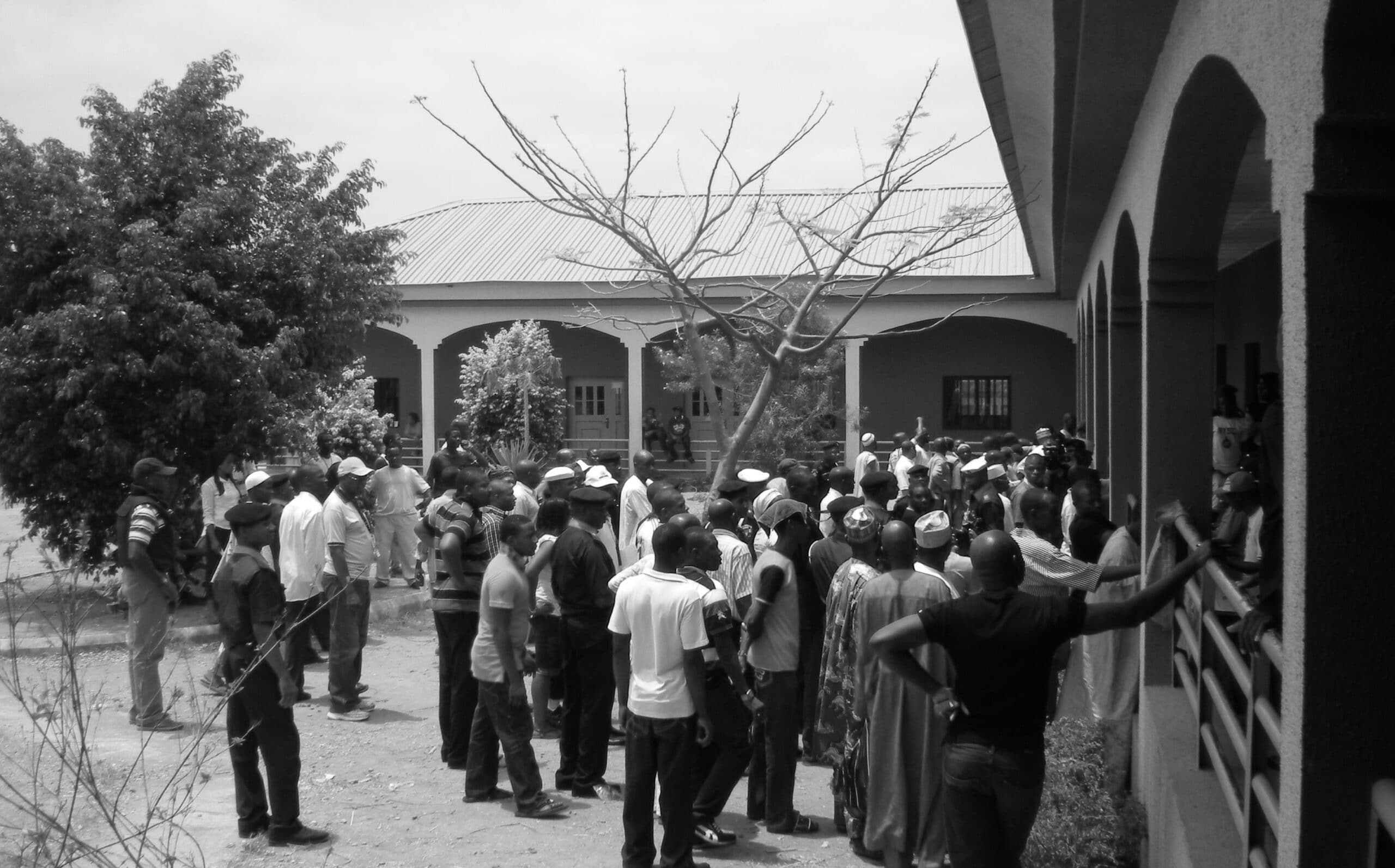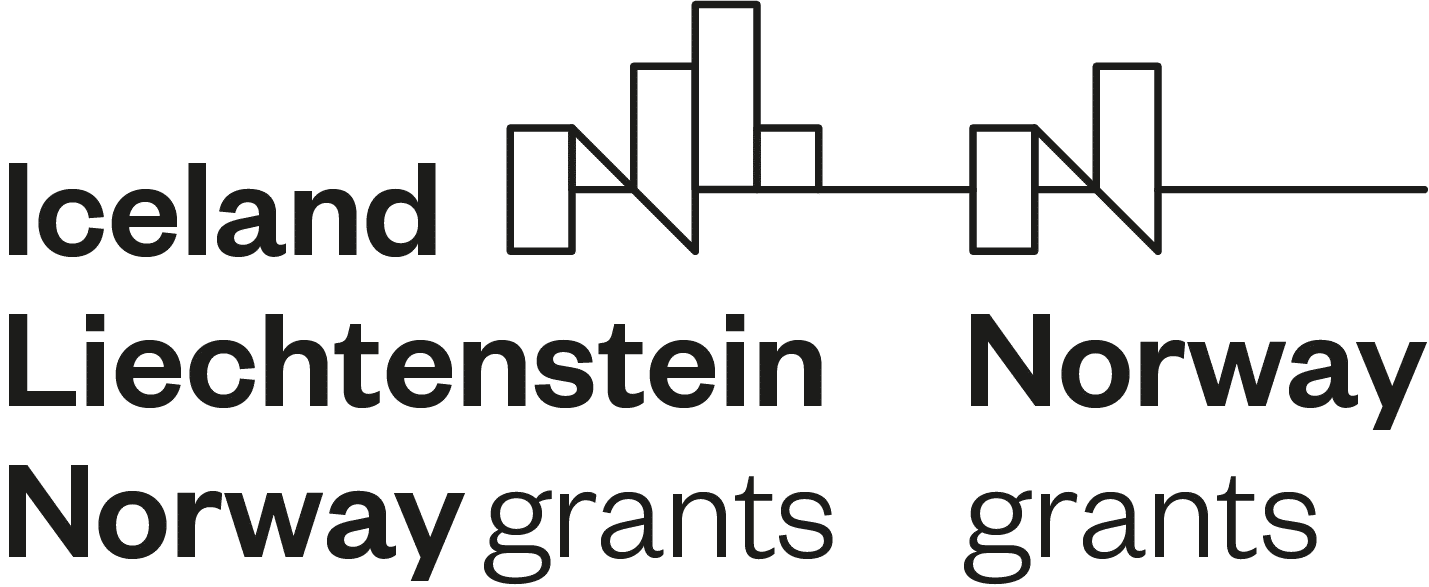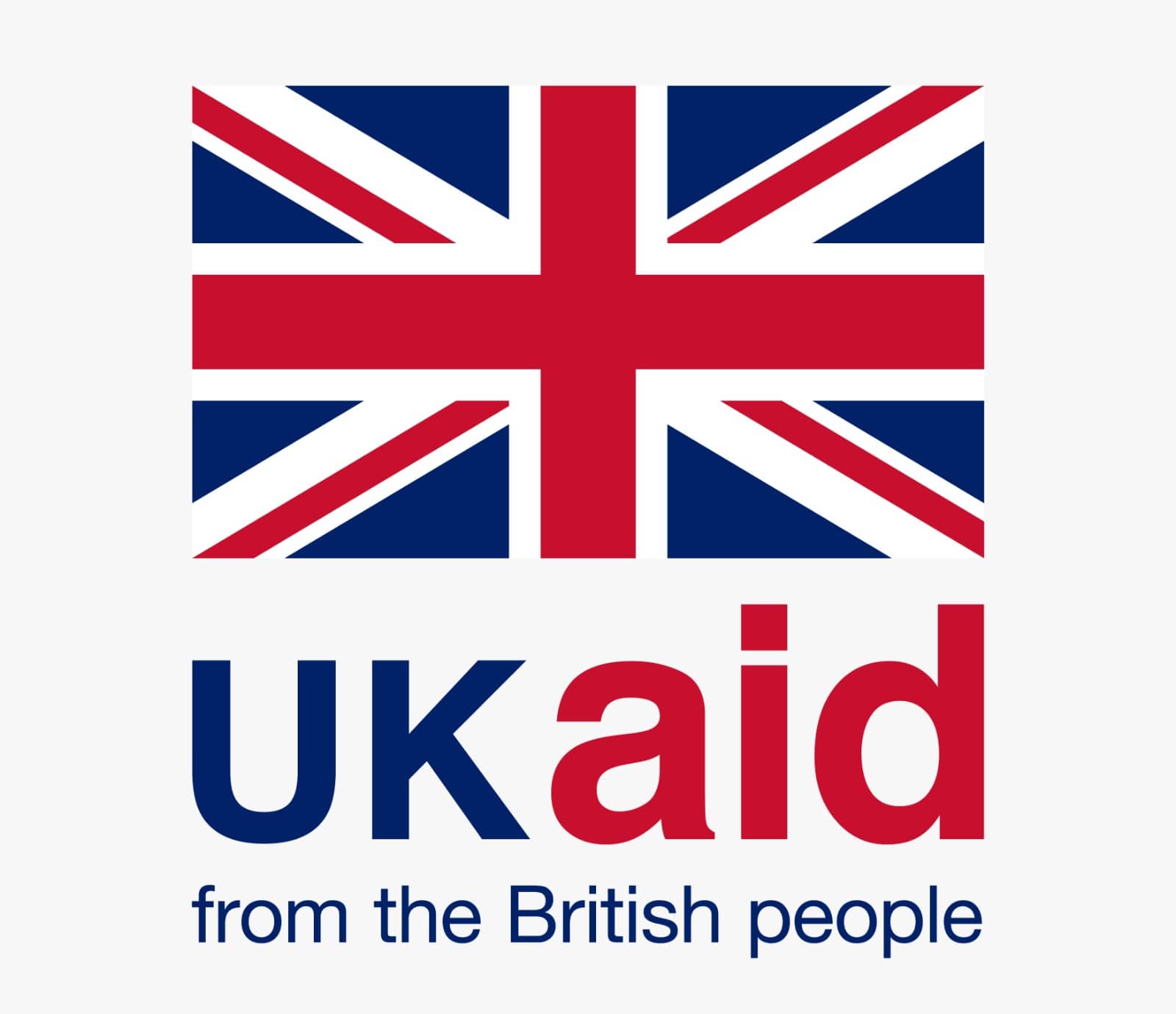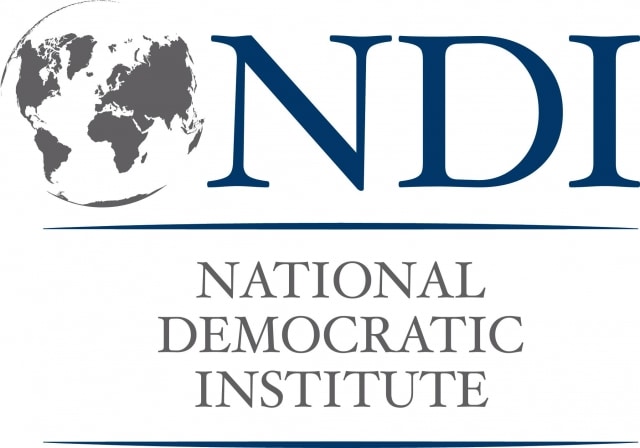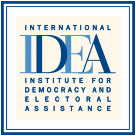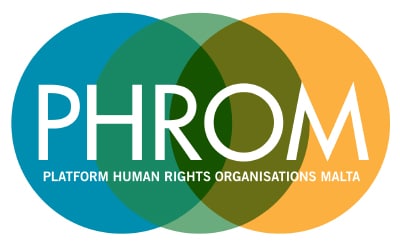Malta’s stake in European Development assistance

Next week, November 3rd, 2014, the European Parliament’s Development Committee will have an extraordinary meeting to discuss two crises and the European Union’s (EU) proposed approach to managing developmental issues post-2015. For Maltese organizations and developmental expertise, this represents an important opportunity to ensure that Malta’s Overseas Development Assistance priorities and the EU’s focus on rights-based assistance are pushed to the fore. Why Malta? Importantly, Malta is tied not only by accident of geography, but economically and socially to North and Sub Saharan Africa. The development strategy of the EU post-2015 will have a significant impact on Malta, which should not be dismissed. Ensuring that fundamental civil and political rights of citizens in developing nations are respected is a critical key to preventing wars, which often result in increased migration. Beyond this, the millions of Euros Maltese businesses wish to invest in neighboring countries are at risk when stability is at risk.The EU has recognized that development of political, civil, and democratic institutions is critically important. But more than that, there needs to be an appreciation that failure to build these institutions will continue to impact member states most closely tied to developing nations, such as Malta.To this end, Maltese actors (non-governmental development organizations, development expertise, and the private sector) should have a robust role in implementing EU development priorities. Maltese organizations should have greater access to European Development funding, to implement development projects in the region in which they are most familiar. Take Libya, for example. Maltese companies are suffering significant loss of revenues because of current violence and the chaos reigning in this young democratic state. Beyond that, there are many Libyans residing in Malta, watching with horror as their country crumbles, with little ability to affect any peaceful resolution and suffering the anxieties associated with feeling powerless. Importantly, the Government of Malta and Chambers of Commerce have taken leadership roles in supporting peaceful resolution, not just because these issues have direct impact on Malta, but also because it’s the right thing to do.The Development Committee discussion on post-2015 development assistance is a precursor to a larger European Parliament debate scheduled for the 24th of November when the Parliament resumes sitting in Strasbourg. It is important for Malta to take note of the Committee’s discussion, because decisions made there will have a direct impact on the island’s economic, social, and even political future. Greater engagement in the region, with coherent forward-looking objectives will go a long way to stabilizing the development of North and Sub-Saharan Africa, and European countries located on the edges.
Writing by
Carlo Binda, Managing Director, Binda Consulting International Ltd.
Francesca Binda, President, Binda Consulting International Ltd.

